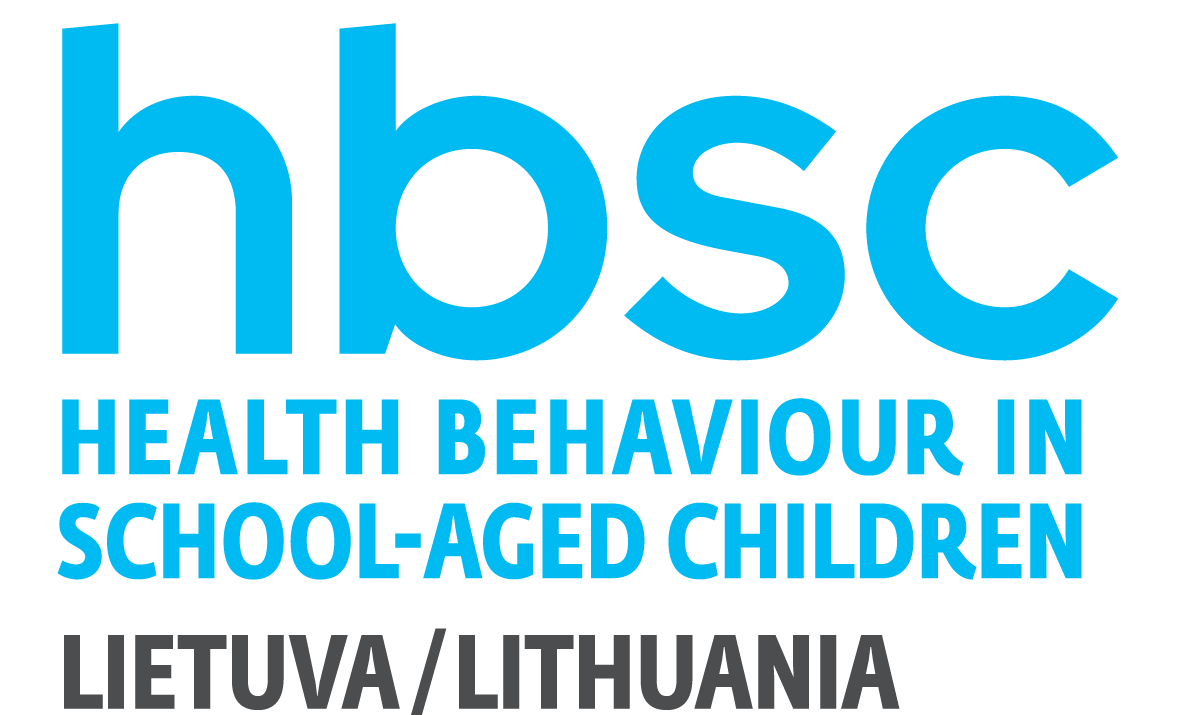Šumskas, L., & Zaborskis, A. (2017).
Family social environment and parenting predictors of alcohol use among adolescents in Lithuania.
The role of the family as the social environment in shaping adolescent lifestyle has recently received substantial attention. This study was focused on investigating the association between familial and parenting predictors and alcohol use in school-aged children. Adolescents aged 13- and 15-year from a representative sample (N = 3715) of schools in Lithuania were surveyed during the spring of 2014. The methodology of the cross-national Health Behaviour in School-aged Children (HBSC) study was applied. HBSC international questionnaires were completed in the classroom anonymously for obtaining information about drinking of alcoholic beverages and family characteristics—family’s affluence and structure, style of communication in the family, parenting style, parental monitoring, family time together, etc. Univariate and multivariate logistic regression analysis was applied for assessment of the association between familial variables and weekly alcohol use. Analysis has demonstrated that adolescents from non-intact families tended to show significantly higher risk of being weekly drinkers (OR = 1.69; 95% CI: 1.30–2.19). The following parenting factors were associated with weekly use of alcohol: father’s and mother’s low monitoring, father’s authoritarian-repressive and mother’s permissive-neglectful parenting style. Frequent family time together and frequent electronic media communication with parents showed an inverse negative effect than was predicted. The study suggests that alcohol misuse among adolescents could be associated with a non-intact family structure as well as with complex family and parenting determinants which should be investigated more thoroughly by further studies.
